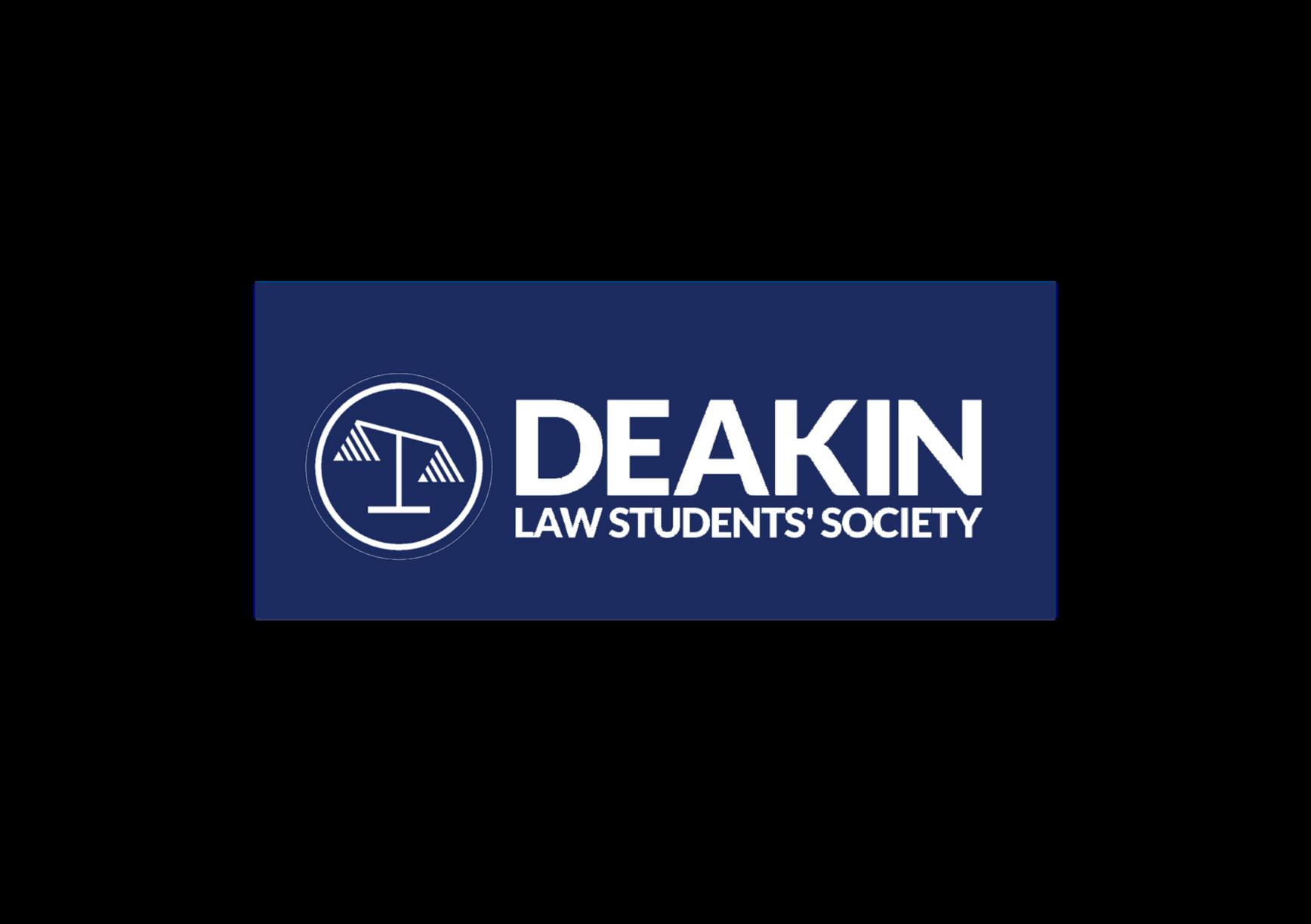




This publication is provided free of charge from the Deakin Law Students' Society (DLSS) on the understanding that the editors, all contributors and any other persons related to this publication are not responsible for the actions of readers based on the information, error or omission in the publication. The views given in the publication do not necessarily represent the views of the editors, DLSS or Deakin Law school.
This publication is copyrighted. Except where permitted under the Copyright Act; no part of this publication may, in any form or by an means (electronic or otherwise) be reproduced or stored in a retrieval system or transmitted by any person, without special written consent of the Deakin Law Students' Society.
Designer and Editor: Ruby Evans Contact Us
Email: secretary@deakinlss.org


@deakinlaw @deakinlss

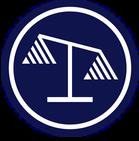
My name is Courtney McKenzie, the Deakin Law Student Society President for 2024.
The DLSS functions as a student-led initiative dedicated to offering Deakin Law students opportunities to delve into their legal passions, establish lasting connections, and depart university feeling self-assured and ready for the legal field. This objective is accomplished through our engaging events, informative publications, and esteemed competitions.
 Courtney McKenzie President, Deakin Law Student Society
Courtney McKenzie President, Deakin Law Student Society
Whether you're a new student navigating higher education for the first time or a seasoned learner seeking to expand your horizons, this guide is tailored to you. Like many of you, I once stood at the precipice of university life, feeling overwhelmed and uncertain. Starting my Law/Arts degree in 2020, with only "Suits" as my legal reference point, I understand the apprehension many of you may be experiencing.
Now as a final year Law/Arts student with a diverse range of realworld experiences, and entering my fifth year with the Society, I still vividly recall my first few days at University. The advice I received at Open Day stuck with me: to maximize my degree experience, embrace something new. So, I plunged into law competitions, seeing it as a chance to engage with peers despite the virtual campus in 2020. This choice became the cornerstone of my university journey, leading to nearly 20 competitions across Australia.
It also opened the door to my role within the Society as “First Year Representative” with the DLSS, setting the stage for where I am today within the Society. Despite a plethora of initial doubts, this first choice has led me to winning numerous prestigious competitions and securing top-tier clerkships. However, this was not a straight path, taking over a year to progress beyond original competition rounds and unit grades which were less than desirable.
Reflecting five years later, I'm immensely grateful for the pivotal decision to embrace the unknown, despite lacking any prior legal experience. In essence, what I want to emphasize is that while the saying "everyone runs their own race" might seem trite, it holds genuine truth. From my perspective, the vital skills for navigating law school successfully include practicing self-compassion and embracing opportunities for growth. Trust that with time and effort, everything else will fall into place organically.
Courtney McKenzie 2024 President Deakin Law Students’ SocietyThe Deakin Law Students' Society ('DLSS') is a student-run organisation operating on behalf of all Deakin law students. As one of Deakin's longest-standing student societies our goal is to assist law students to maximise their university experience by hosting a variety of events each year, covering many areas including academics, career and social life.
Especially as cloud students, the DLSS is a great way for the JD cohort to meet and interact with fellow students.
You can find us online at www.deakinlss.org.

We would love for you to join the DLSS as a member –and it’s only $5! Here are some of the benefits you can expect:
Discounted ticket prices for DLSS events
An email subscription to the DLSS (where we advertise internships and paid positions at various law firms)
Access to exam revision sessions
Voting rights at our annual general meeting
You can join directly here:
https://dlssmembership/getqpay.com/.
 Mrs Michelle Bendall Scholarly Services Librarian, Law BA (Legal Studies), Grad Dip Inf Serv FHEA
Mrs Michelle Bendall Scholarly Services Librarian, Law BA (Legal Studies), Grad Dip Inf Serv FHEA
Michelle Bendall is our esteemed Law Librarian. She is your go-to person for any legal research related queries. In order to make the most of your library experience as law students, it is important to know a little bit about your first point of contact!
What do you love most about your role as Librarian?
Working in the background to ensure that students have access to all the resources that they need for their law degree. The best part of my role is meeting with law students again in their final years when they undertake work integrated learning units. By that stage, they can see the importance of having built up good legal research skills throughout their degree.
What is a useful Deakin library resource that you believe students may overlook?
The Law & Legal Research guides. Some students use them in the first year law units and then forget about them. These guides are developed to be a useful resource for undertaking any type of legal research throughout your law degree.
 Mrs Michelle Bendall Scholarly Services Librarian, Law BA (Legal Studies), Grad Dip Inf Serv FHEA
Mrs Michelle Bendall Scholarly Services Librarian, Law BA (Legal Studies), Grad Dip Inf Serv FHEA
What is the most frequently asked question/concern brought to your attention by law students? How would you answer/address it?
Students who start their legal research using Google can quickly be overwhelmed with information overload and are unable to critically evaluate which sources are appropriate for them to rely on.
Always start your legal research with a relevant Law & Legal Research guide, and be systematic in the way that you undertake legal research. There is a time and place for using Google Scholar for legal research after you have undertaken research in these resources.
What is one piece of advice you'd offer Deakin law students?
Do not expect to know everything about legal research before O Week. Training in undertaking legal research is embedded in the law curriculum and you will build your legal research skills throughout your degree, one step - one unit, at a time.
The ability to undertake legal research and reference resources according to the Australian Guide to Legal Citation (AGLC) style is a graduate skill expected by future employers. Get to know the AGLC early by reading Part 1 of the AGLC before you start referencing resources. The AGLC is not just for university studies - it is used throughout the Australian legal community.
Finally, take advantage of the great events and programs offered by the DLSS. The first place to start is by reading this very useful guide.
We are incredibly fortunate to have Michelle’s assistance at the Deakin library. For any legal research related queries, she is contactable at michelle.bendall@deakin.edu.au.
Start getting to know the Deakin library with this video: https://www.youtube.com/watch?v=xb6IuP82wpE
If you wish to contact your Business/Law librarians for help or support, or for any other general library queries, follow this link: https://www deakin edu au/library/help
Students can reserve study spaces at Deakin library (useful around exam period!) - Book a space at this link: https://deakin libcal com/reserve/burwood-library-booths
The Deakin library website is an essential resource for all students throughout the completion of their degree. There are a wide variety of services and resources that are not only crucial for completing assignments, but also assist you in being the best student you can be The website offers insight on how to make the most of library resources, techniques for efficient study, and utilising research tools and software.
Interacting with the library whether by watching training videos and tutorials, organising a consultation with the librarians, or attending available workshops, will ensure any questions or concerns you may have regarding the study of your law degree are answered. Whether you’re starting first year or embarking on your PhD research, the Law library is able to assist you every step of the way
Each faculty posts a weekly throughout the trimester by the Deakin Library Blog offering general library tips and tricks, as well as useful links for more information and further resources.
You can subscribe to the article for your faculty so that you never miss a blog post Here is the link to the Business/Law faculty blog site: https://blogs.deakin.edu.au/article/category/faculties/businessand-law/.
The Law and Legal Research Guides, as outlined by Mrs Bendall, are the most invaluable resources to Deakin law students. The relevant guides for the Business/Law faculty can be found from the home page.
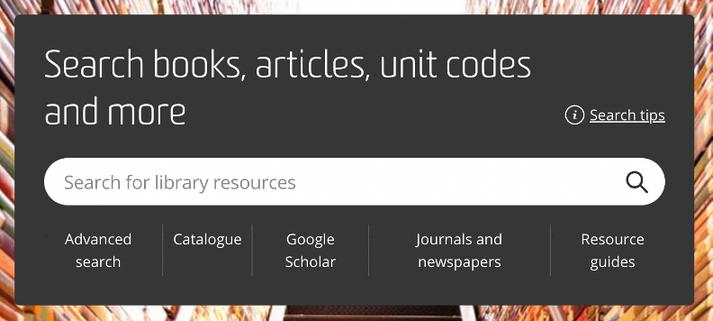


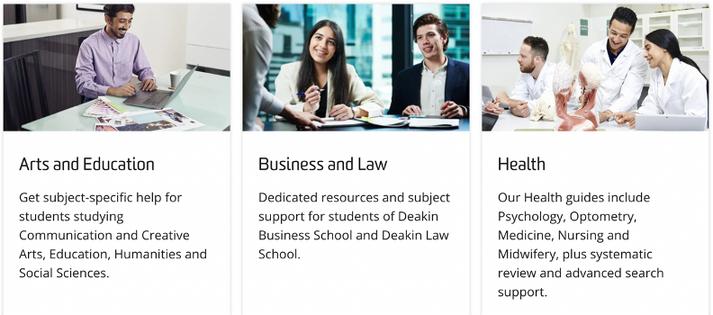
Here you will find many law-related links that will take you to guides on various topics. The purpose of these guides is to provide students with useful resources to assist with their learning The law resource guides available include:
Legal Research Basics – an introductory guide on legal research that outlines tips on legal research and writing, sources for finding recent developments in the law, and further study guides categorised by legal topic.
Legal Abbreviations – abbreviations are often used in legal sources to reference legal publications and courts. Links to each corresponding abbreviation can be found on this tab, as well as methods for abbreviation and identification and a free downloadable link to the AGLC4.
Legal Referencing – this guide will assist you in utilising the Australian Guide to Legal Citation 4th Edition (AGLC4), showing you how to cite cases, legislation, secondary sources, treaties, internet materials and more
Researching Case Law and Legislation – with separate guides on each, they provide information regarding the nature and various stages of a case or legislation, how to search for and find cases and legislation through relevant databases and websites, and the relevant AGLC4 referencing required.
Researching Secondary Law Sources – a guide to researching sources such as dictionaries, legal encyclopaedias, journal articles, books, news sources and Law Reform Commission publications. AGLC4 compatible referencing for secondary law sources is also included.
Unsure of whether a source is primary or secondary? Visit the following link for more information on this distinction:
https://deakin.libguides.com/primary-or-secondary-sources/about
Properly understanding which databases to use will elevate your research and legal knowledge. There are two main databases which the Deakin library allows access to – Thomson Reuters Westlaw and Lexis+ Advance Other sources such as Austlii and Halsbury Laws of Australia also provide useful information.
Westlaw and Lexis+ - both databases contain full texts of Australian and International cases, as well as online commentaries, law reports and legal encyclopaedias. They can be accessed online for free, and can easily be found in the databases tab on the Deakin Library homepage.



Austlii and Halsbury – Austlii provides an easy to use search function roughly 1000 other databases covering national and international case law, legislation, inquiries, reports, codes and standards, commissions and more. Halsbury offers valuable insight and explanation of the law, contextualising areas of the law such as Family, Constitutional and Criminal.
It is important when researching to identify the key words or phrases required for your research problem. This will allow you to conduct meaningful research by attracting relevant sources in your search.
Synonyms are a great way of categorising your search while triggering a broader range of like terms– this can be achieved through the advanced search tab.
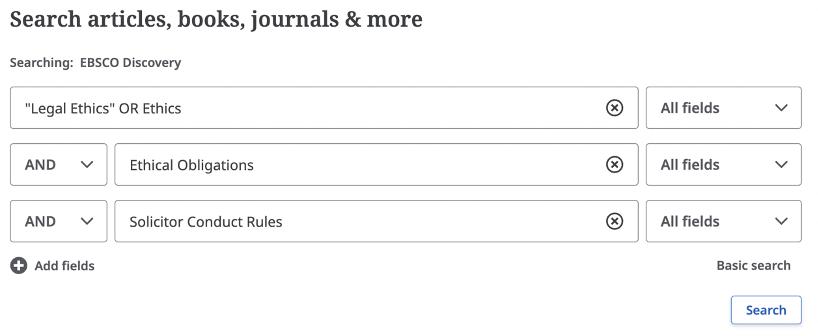
Tip
Placing quotation marks around two or more words will ensure the phrase is grouped as one term in the search, as opposed to searching for either word separately.
Deakin Library allows you to save sources you find in your search, as well as the search itself, so you can easily find them later and pick up where you left off. These sources can be grouped into ‘projects’ for varying ideas or assignments
You can limit your search by adjusting the type of source, as well as the campus location, date range or field of study. Sources can then be sorted by relevance and date of publication
Selecting ‘peer-reviewed’ will provide the most credible sources.
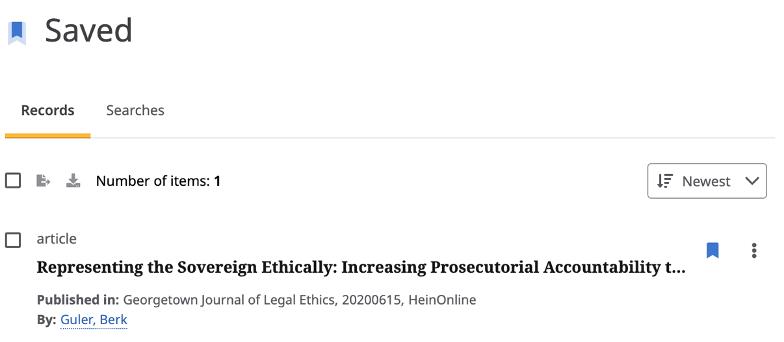
- Advanced searching video: https://youtu be/vditpLZXdok
- Finding information by Keywords: https://youtu.be/kDD47wiQTfo.
- Identifying Search Terms: https://youtu.be/OPRSTCdMOM8.
- Planning your search: https://www.deakin.edu.au/library/skills-forstudy/prepare-and-plan/search-tips-and-planning.
Utilising Boolean operators is a technique which refines the specificity of your search to narrow or broaden the scope of results, in turn leading to more relevant sources.
Tip ‘OR’ will give you more results, ‘AND’ will give you fewer results.
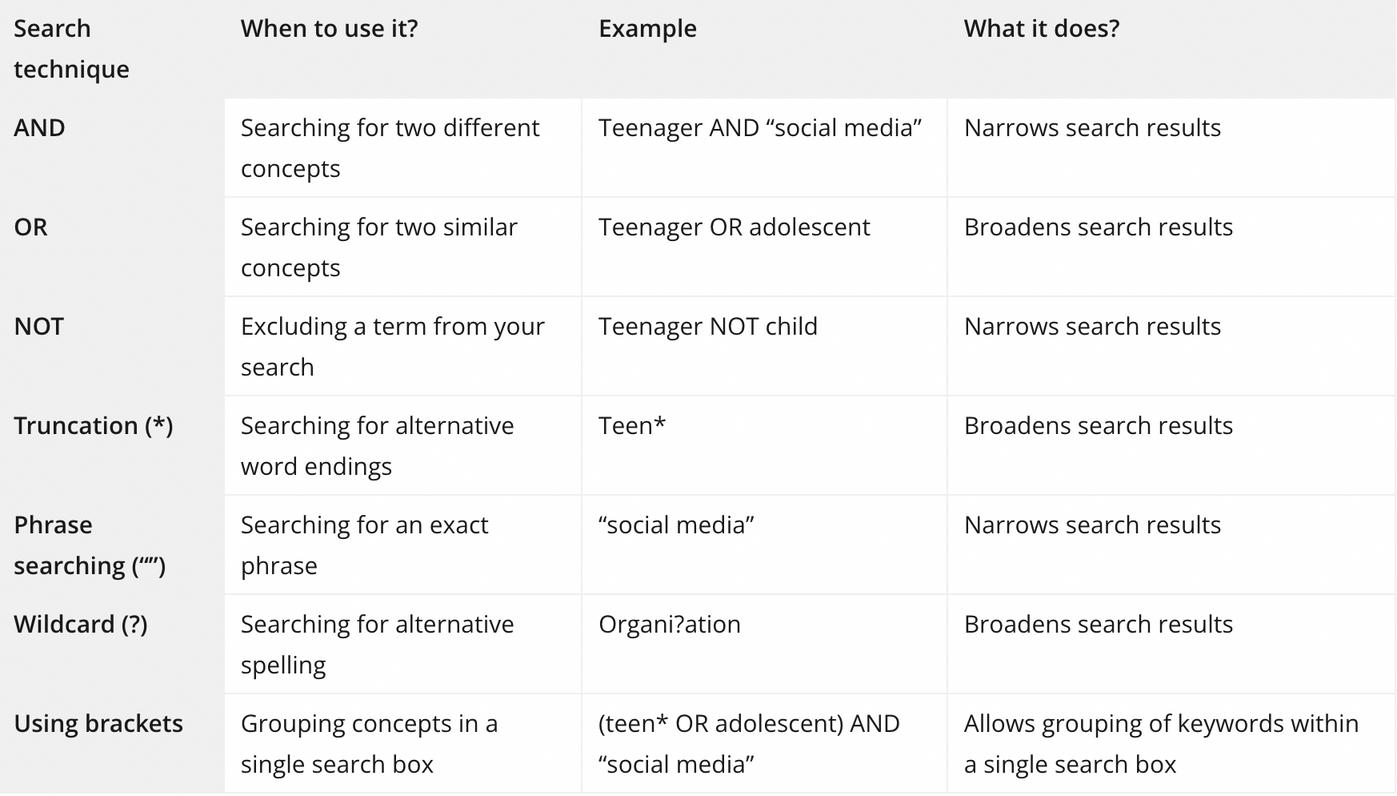
For a more detailed explanation of Boolean operators and how to use them, visit the following link: https://www.youtube.com/watch?v=jOrwmNYqvC8 .
The Australian Guide to Legal Citation the golden source for law students as it will be crucial in completing all assignments across all law units. Given that citing your work properly is important, particularly for a literature-dense field such as law, legal referencing can be challenging and intimidating. However, if done correctly, it corroborates the legitimacy of your work and secures the easiest marks on your assignment.
The Melbourne Law School provides free, downloadable access to the AGLC4 at this link: https://law.unimelb.edu.au/mulr/aglc/about.
The AGLC provides detailed instructions and multiple examples, giving you the confidence to format your footnotes and bibliography accurately.
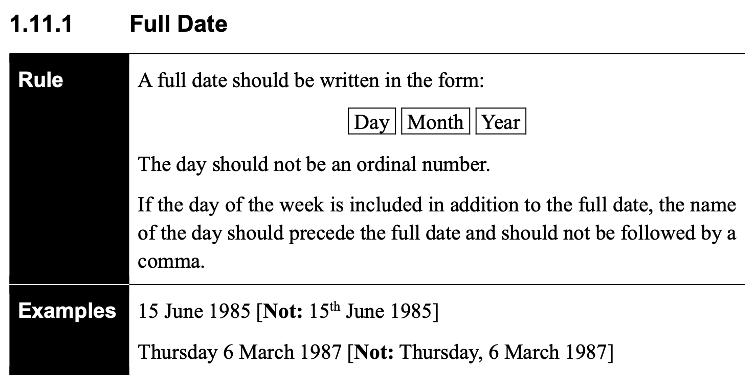
Reference as you go – when we leave referencing to the last minute, it’s very easy to overlook small mistakes. Create a bibliography as you begin writing so you can ensure that you don’t lose track and all relevant sources are included.
Quadruple check – markers can be pedantic about referencing, so it’s crucial to ensure that you check over and over - one example is full stops at the end of footnotes!
Bookmark frequently used pages – On your hardcopy version, and depending on your PDF functions, you can bookmark certain pages for easier accessibility. This is especially useful for reoccurring citations such as cases and journal articles, as well as for footnote citations such as short titles, ‘ibid’ and subsequent references.
Command F – to quickly find what you’re looking for, use command F on the PDF version to find all of the relevant information you need.
DeakinTALENT is a hub for all things career, professional development, and practical legal experience at Deakin. These services are available for students and alumni for the rest of your working life; many of whom wished they utilised it sooner! Here are some resources that you may find useful:
It’s important when applying for graduate roles or Work Integrated Learning jobs or internships to ensure that you have documentation that is up to scratch. The DeakinTALENT site provides access to resume and cover letter templates specifically for law students, as well as a Resume Review function that gives your advice and feedback on your resume.
Tip
Sign up for daily, weekly or monthly email alerts for recently added opportunities tailored to your job preferences
Crucially, DeakinTALENT offers job advertisements for part time work, internships, clerkships and graduate roles on the Jobs and Internships Board. Seeking roles recruited through DeakinTALENT is a great way of ensuring you are engaging with relevant and legitimate organisations that are looking to Deakin students as potential employees.
There are a variety of videos and sessions for you to interact with –whether you are unsure on which referees to include on your resume (or whether to include them at all?), wondering how to establish a professional LinkedIn presence, or eager to develop your application and interview skills, the DeakinTALENT site offers a range of useful resources to build your confidence and employability.
Find these resources and more at DeakinTALENT: https://deakintalent.deakin.edu.au/.
There are a variety of reasons for utilising helpful resources at Deakin. A successful university experience is much more than just attending class; engaging with the available services can really elevate your studies and foster a greater understanding
Mentoring
Peer mentoring sessions are available for students from Week 1-5 every trimester, offering a blend of campus and online delivery covering topics such as choosing your major, effective study notes, and general wellbeing.
Writing mentors are also available, where students can get support on assignment questions, research, academic writing and referencing.
https://www.deakin.edu.au/students/study-support/study-resources/peermentoring
The Handbook outlines the rules and requirements surrounding your course and your relevant units. This is a resource that you will use throughout the entirety of your degree. Here you can find important trimester dates, student rights and responsibilities, and detailed information about each degree.
https://www.deakin.edu.au/students/enrolment-and-fees/manage-yourcourse/handbooks/2024-handbook
Planners
Juggling study, work and socialising can be considerably challenging, especially for new university students. Study planners are a great way of breaking down and simplifying your heavy work load to create a better understanding of what needs to be completed and when. Daily, weekly or trimester planners are available for general workload or assignments, and they’re printable too!
https://www.deakin.edu.au/students/study-support/studyresources/study-assistance
Turnitin is a service which promotes academic integrity by checking for any unoriginal material present in your work. This is a wonderful resource to utilise prior to your assessment submission date, however, allow 48 hours to use Turnitin so you receive your result in time.
https://www.deakin.edu.au/students/help/aboutclouddeakin/assessment/turnitin
Resources for indigenous students such as the NIKERI Institute, counselling, and tutoring through the Indigenous Tutorial Network, can all be found at the following link:
https://www.deakin.edu.au/students/student-life-andservices/indigenous-students
If you’re looking for feedback on your assignment drafts, Studiosity provides written feedback within 24 hours. There is also an instant access online chat session for immediate feedback on general assignment related questions. Each student has access to 8 free interactions each trimester.
https://www.deakin.edu.au/students/study-support/study-resources/studyassistance/fast-online-feedback


